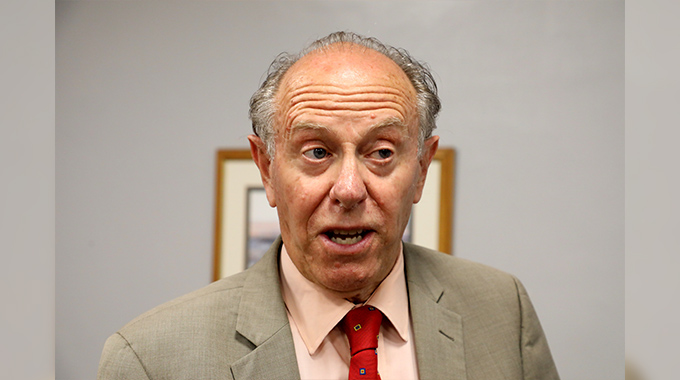EDITORIAL COMMENT: Learn to accept election results

Zambia is in the midst of elections for a new President following the death of President Michael Sata in October. Under the Zambian constitution, elections are supposed to be held within 90 days of the sitting president’s death. Initially, the elections were supposed to have been held over a day with the winner known by now.
However, because the elections are being held in the middle of the rain season which has seen torrential rains falling in parts of that country, voting was extended by a day to allow everyone to vote.
Electoral authorities in Zambia had to use boats and ox-wagons to get ballot papers to areas made inaccessible by the rains.
Normally elections in Zambia do not face disruptions from the rains because they are held in the dry seasons. However, Zambians have been forced to vote at the height of the wet season due to a constitutional provision which stipulates a specified period during which elections should be held after the death of a president.
The delays caused by the weather have already caused one of the candidates, Hakainde Hichilema, to cry foul, alleging electoral fraud.
While what the Zambians decide in this crucial vote is their business, we believe that Hakainde Hichilema, who has lost in previous elections, is clearing the ground in case he loses again.
Hichilema, of the United National Party for Development, is joining a league of African politicians who believe that only they should win in elections.
In October, Afonso Dhlakama refused to concede defeat in the Mozambican elections. Before that in 2013, Morgan Tsvangirai also claimed that elections which saw President Mugabe re-elected with an overwhelming majority were not free and fair.
In the case of both Zimbabwe and Mozambique, election monitors declared the polls free and fair.
Africa has made great strides from the days of dictatorship and one party state in the 1980s and early 1990s.
Opposition politicians who refuse to accept election results risk dragging the continent back into the days of conflict. The refusal by Dhlakama to accept the results of the elections has brought uncertainty as some of his former guerilla fighters have gone back to the bush.
In Zambia there is a danger that Hichilema’s utterances might provoke his supporters. Disputing elections also affects economic development as investors are reluctant to invest in a country that is not politically stable.
Once elections are over, the next stage should be implementation of the development agenda and not disputes.
Africa, by accepting multi-party democracy, has matured. In the same vein, its politicians, especially opposition leaders aspiring for high office, must learn to accept election results because elections are there to be won and lost.










Comments